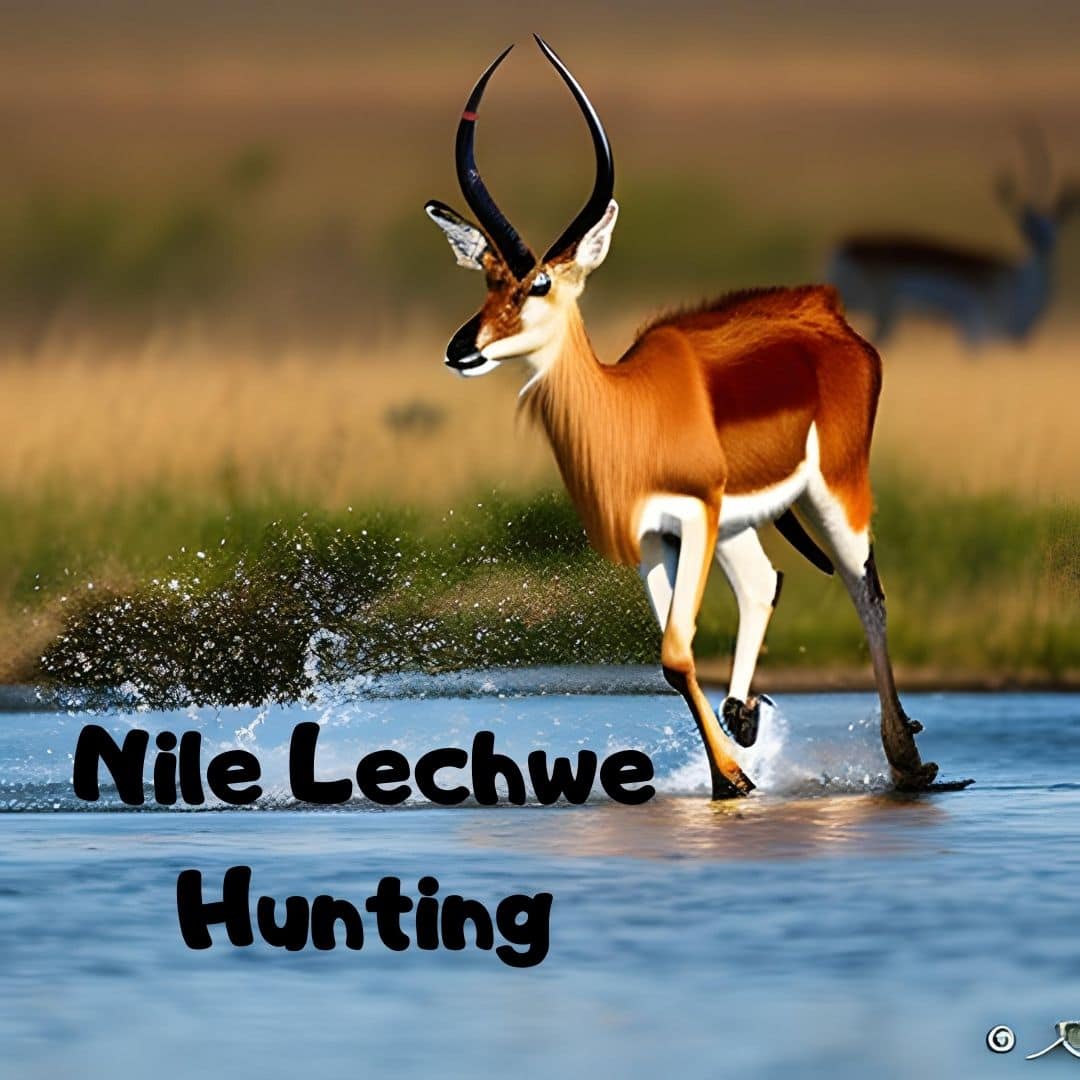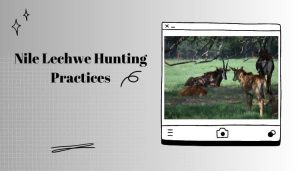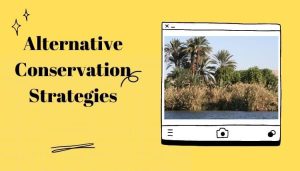
Nile Lechwe Hunting is a species of antelope that is found in the wetlands and savannahs of Africa. These animals are highly valued for their meat and hides and are hunted for both subsistence and commercial purposes.
However, the hunting of Nile Lechwe has raised ethical concerns and conservation implications in recent years. In this article, we will examine the ethical concerns and conservation implications of Nile Lechwe hunting in Africa.
Conservation Status of Nile Lechwe
The population of Nile Lechwe is declining due to habitat loss, poaching, and hunting. According to the International Union for Conservation of Nature (IUCN), the Nile Lechwe is classified as a species of “Least Concern,” but some subspecies are classified as “Vulnerable” or “Endangered.” Conservation efforts are underway to protect the species, but these efforts are often hindered by the hunting and poaching of Nile Lechwe.
Nile Lechwe Hunting Practices

Nile Lechwe hunting is conducted for both subsistence and commercial purposes. The hunting is conducted using various methods, including hunting with dogs, stalking, and shooting.
The hunters often use modern firearms, such as rifles, and traditional weapons, such as spears, bows, and arrows. Hunting licenses are issued by the government, and hunting is regulated by laws and regulations.
Ethical Concerns of Nile Lechwe Hunting
The hunting of Nile Lechwe has raised ethical concerns among conservationists and animal welfare advocates. Some argue that the hunting is inhumane and cruel and that the animals suffer needlessly.
Others argue that hunting is a natural and necessary part of African culture and that the animals are killed quickly and humanely. The ethical debate surrounding Nile Lechwe hunting is ongoing, and there is no clear consensus on the issue.
Conservation Implications of Nile Lechwe Hunting
The hunting of Nile Lechwe has conservation implications, as it can impact the population and habitat of the species. Overhunting can lead to the depletion of the population, which can have a cascading effect on the ecosystem.
The loss of Nile Lechwe can lead to the loss of other species that rely on the antelope for food and as a prey species. Additionally, hunting can disrupt the habitat of Nile Lechwe and lead to further habitat loss.
Alternative Conservation Strategies

There are alternative conservation strategies that can be used instead of hunting Nile Lechwe. Ecotourism is a sustainable alternative that can generate income for local communities without depleting the population of Nile Lechwe.
Community-based conservation initiatives, such as sustainable resource management and wildlife monitoring programs, can also help to conserve Nile Lechwe populations and their habitat.
Conclusion
In conclusion, Nile Lechwe hunting in Africa raises ethical concerns and has conservation implications. While hunting is a cultural and economic activity in some areas, it can have a negative impact on the population and habitat of the species.
Alternative conservation strategies, such as ecotourism and community-based conservation initiatives, should be considered to ensure the long-term survival of Nile Lechwe and other wildlife species in Africa.
REFERANS: Hunting Nile Lechwe in Africa






Leave a Reply